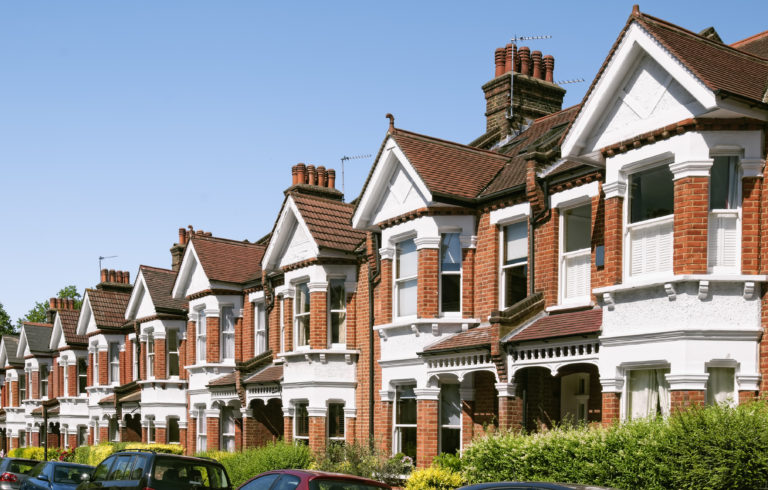A survey released this week has shown that 4 in 10 British people think that properties in their area are overpriced, and after years of unprecedented property price growth, buyers are becoming more cautious and unwilling to pay over the odds as property values stabilise.
A couple of years ago, a buyer could confidently pay a little bit more than a property’s worth, knowing that its value would exceed what they paid within a matter of months. This is far from what the recent study revealed.
Now that prices are moving more slowly, buyers need to know exactly that they are getting a good, fair deal. Long gone are the times when they could rely on rapidly rising house prices to cover their back.
So how do you know that you are getting a good deal?
Check the area’s recent sold prices
Sold prices give a much better indicator of value than “for sale” prices. Do your research on comparable properties using Rightmove’s fantastic tool: The house price calculator.
How long has the property been on the market for?
Find out from your estate agent how long the property has been on the market, whether it was on the market with another agent before them and enquire about the average sale time in the area. Has the property been on the market for an above average time, your price alarms should definitely go off.
Is it an investment property? Has a RICS valuation been conducted?
Good developers will have a copy of their independent RICS (Royal Institution of Chartered Surveyors) valuation, and will happily share this with investors. From this you should be able to get a good, unbiased idea of the value of the property.
Property Investment Q&A #5: How to Spot an Up and Coming Property Hotspot?
Is the area earmarked for investment?
If funds for investment have been committed to a neighbourhood, or work is underway, it can cause a rise in house prices as well as an increased interest in the area. In this case, it’s always smart to look at these investment plans carefully as they could be a bigger influence on value than sold prices.
This is by no means intended to be an exhaustive list, as other factors are also important to take into consideration. Some of these include the amount of renovation work that needs to be undertaken, if the property is for investment or to live in and whether its for long or short term gains.










